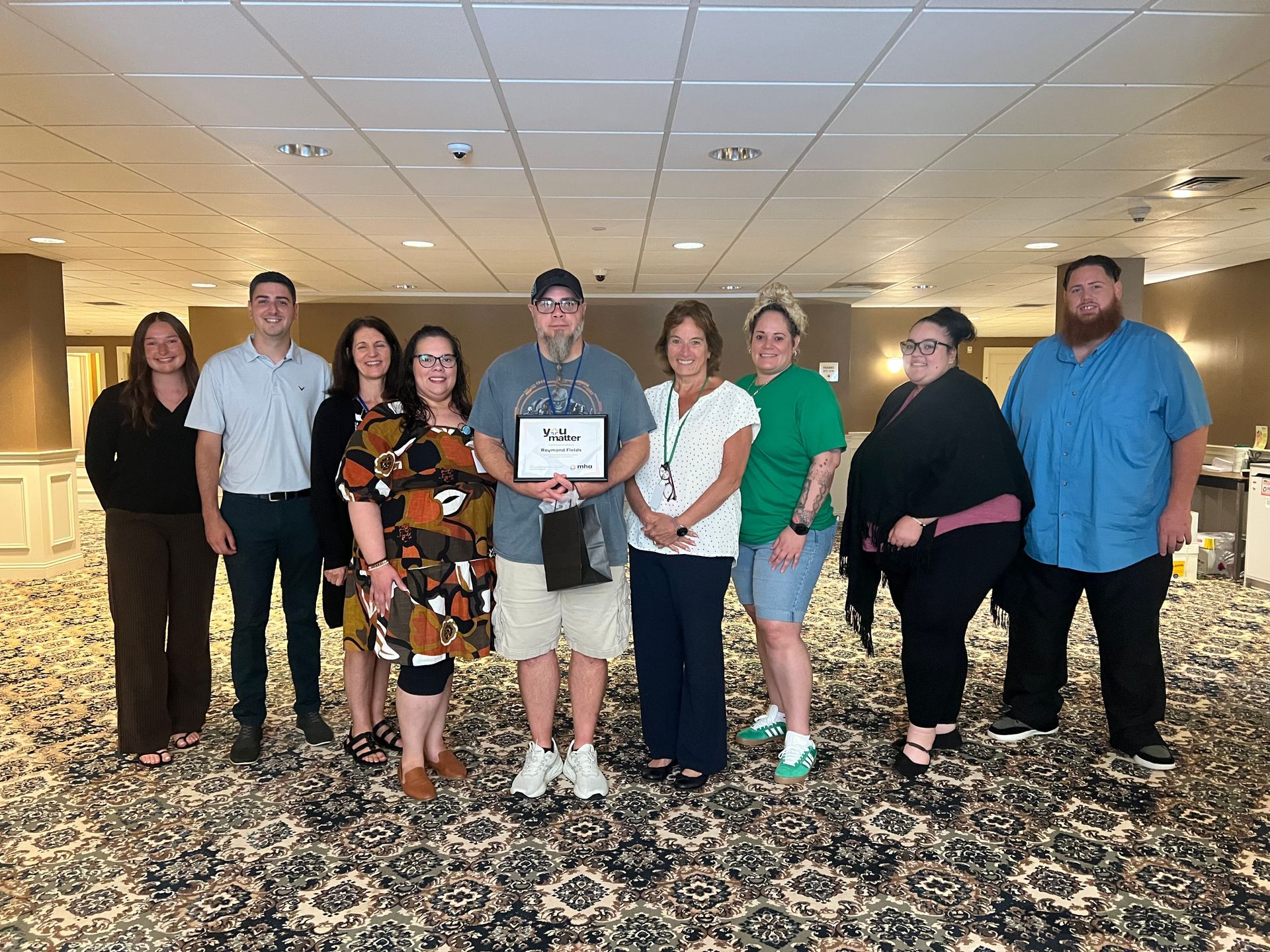The Mental Health ABC Act A Positive Step to Improving Access

Unequal access to community-based services for people experiencing a mental health crisis, long waits in emergency departments before an inpatient psychiatric bed is located, better enforcement of mental health parity laws and equitable payment to providers of mental health care have been ongoing issues in the commonwealth.
An Act Addressing Barriers to Care for Mental Health passed by the Massachusetts Legislature and headed to Governor Charlie Baker’s desk is a big step toward breaking down such barriers and creating an integrated pathway that starts at the top to good mental health care and emotional wellness for all.
The 113-page “Mental Health ABC Act” calls for much interagency cooperation among the state’s department of public health, mental health, veterans services and insurance commission among others to ensure its provisions are carried out and monitored.
It calls for insurances to cover a mental health wellness examination, defines varies levels of care being made available or available in the commonwealth for mental health and addresses the issue of prior authorization for acute mental health care.
It directs those under contract to a Medicaid-managed care organization or primary care clinician plan as well as others similarly insured to cover the cost of medically-necessary mental health acute treatment, community-based acute treatment and intensive community-based acute treatment. It says the individual involved “shall not require a preauthorization before obtaining treatment; provided, however, that the facility shall notify the carrier of the admission and the initial treatment plan within 72 hours of admission.”
The act is a very detailed and comprehensive in its approach to providing access to mental and behavioral health services across all populations, from students to first responders to veterans, and oversight at every level to evaluate how effective and well this approach is being implemented and if culturally competent care is being delivered.
Its reach is broad from addressing the needs of prisoners to eliminating stigma around seeking behavioral health treatment to specifics of what insurances need to cover.
It requires the state to create regulations that will require all acute-care hospitals licensed to provide, or arrange for, licensed mental health professionals during all operating hours of an emergency department or a satellite emergency facility “to evaluate and stabilize a person admitted with a mental health presentation” and to refer such person for appropriate treatment or inpatient admission
It also addresses equitable payment for behavioral health services to providers as well as requires detailed reporting of services provided.
It aims to reduce waiting times in ERs and other settings for those in need of inpatient psychiatric services as well those needing a more stepped-down level of care. It calls for the establishment of online portals through which health care providers can access what behavioral health services as well as beds are available in the state for those waiting for such placement from emergency departments and other settings.
It also calls for the establishment of an interagency review team to collaborate on “complex cases where there is a need for urgent action to address the lack of consensus or resolution” in placement of an under-22 individual who is disabled or has special needs.
It establishes an office of behavioral health promotion within the executive office of health and human services whose duties will include assessing the behavioral health needs of veterans, examining “the extent to which municipal and state police, firefighters and public safety personnel seek, receive or are required to participate in behavioral health screening and treatment” and establishing a statewide evidence-based or evidence-informed education and awareness initiative.
The initiative’s duties include identifying best practices for preventing suicide and undertaking other steps such as creating a student stakeholder advisory committee to work in collaboration with the department of elementary and secondary education to develop and implement school-based programs that promote student mental health and wellbeing.
Other issues address changes to the board of registration for social workers, the development of standards to ensure that expulsion and suspension of a child in early education or care are “limited to extraordinary circumstances” and allows the state’s insurance commissioner to impose a penalty to any eligible carrier in violation of state and federal parity laws around substance use and mental health conditions.
It also requires that the state provide benefits on a non-discriminatory basis for children and adolescents under the age of 19, insured through Medicaid, for the diagnosis and treatment of mental, behavioral, emotional or substance use disorders that “substantially interfere with or substantially limit the functioning and social interactions of such a child or adolescent.”
It also provides for mental health screenings for children in foster care.
Some of its provisions have been already underway in Massachusetts, but elements of the legislation provided further clarification of how they will be enacted, possibly funded and who will provide oversight.
This includes the designation of at least one, 988 crisis hot-line center to operate 24/7 to provide crisis intervention services and crisis care coordination to individuals accessing the federally-designated 988 suicide prevention and behavioral health crisis hotline.
It calls for community behavioral health centers that can be part of this care coordination and response as well as community crisis stabilization programs that may provide an alternative to hospitalization by providing very individualized and focused treatment in a more home-like setting.
The act also requires that the school committee and commonwealth charter school board trustees ensure that every school under their jurisdictions have a written emergency response plan to address both medical and behavioral health crises to reduce the “incidence of life-threatening medical emergencies and behavioral health crises and to promote efficient and appropriate responses to such emergencies.”
We applaud the state and the many lawmakers who contributed to the bill’s language for making the mental health care needs of residents throughout the Commonwealth a priority.
share this story





